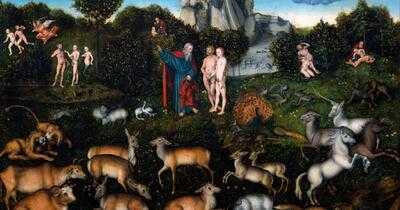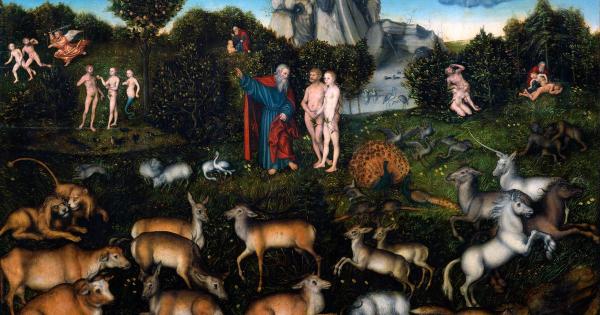

To imply that humans are sacrificial victims just like other animals, or to imply that neither humans nor animals should be sacrificial victims, is, in part, to imply the belief that animals are non-other: that we are like them. The decision not to kill and/or eat animals reflects, in part, the belief that animals are non-other and that to eat them is, therefore, a kind of cannibalism. The belief that animals are so other as to be gods, on the other hand, gives yet another swing to the pendulum, and produces a reason to eat such animals after all – to eat them ritually.
It is useful to arrange animals along a continuum of otherness; in any culture, different stories will be told about animals on different levels. In our culture, first come horses and dogs, the animals closest to us, with whom we have developed fairly elaborate systems of communication that tempt us to believe that we can think like horses. Next come wild animals that seem to be very much like us, like the bears and monkeys in the Ramayana who speak a human language and stand erect. After them come the wild animals unlike us, but still mammals,...
Read more
-
Govt opens portal for auto-makers to apply under electric car scheme

-
Adani Group shares jump 4% on $15-20B capex announcement

-
Govt Opens EV Scheme Application Portal For Automakers, Lower Import Duty Linked To Local Manufacturing Commitment

-
Vedanta Resources Secures $600 Million Refinancing Loan, Cuts Interest Costs & Extends Debt Maturity

-
Sensex, Nifty End Higher Despite Iran-Israel Truce Tensions
